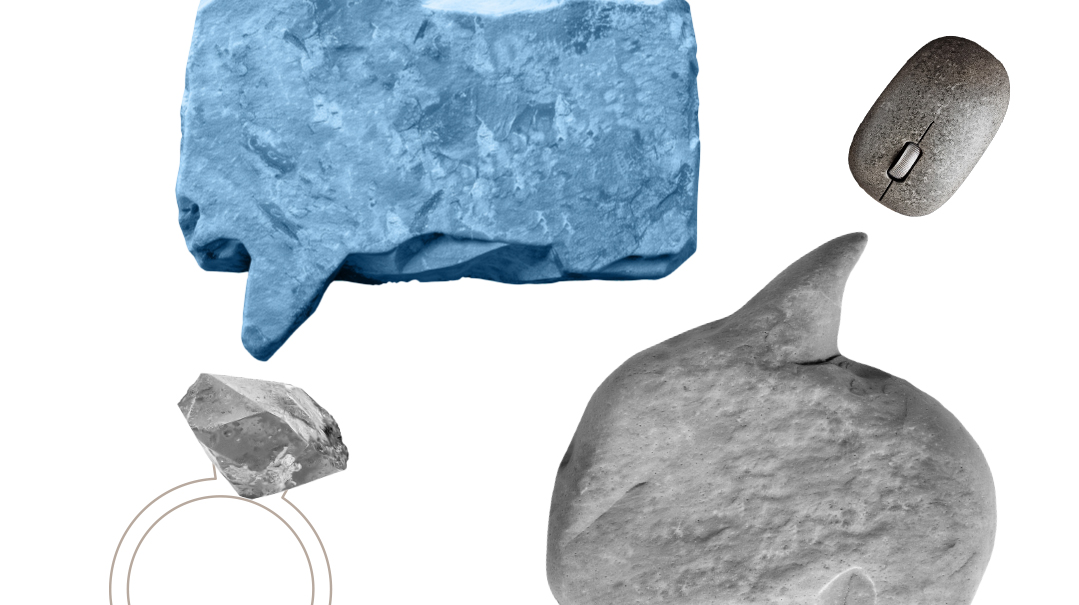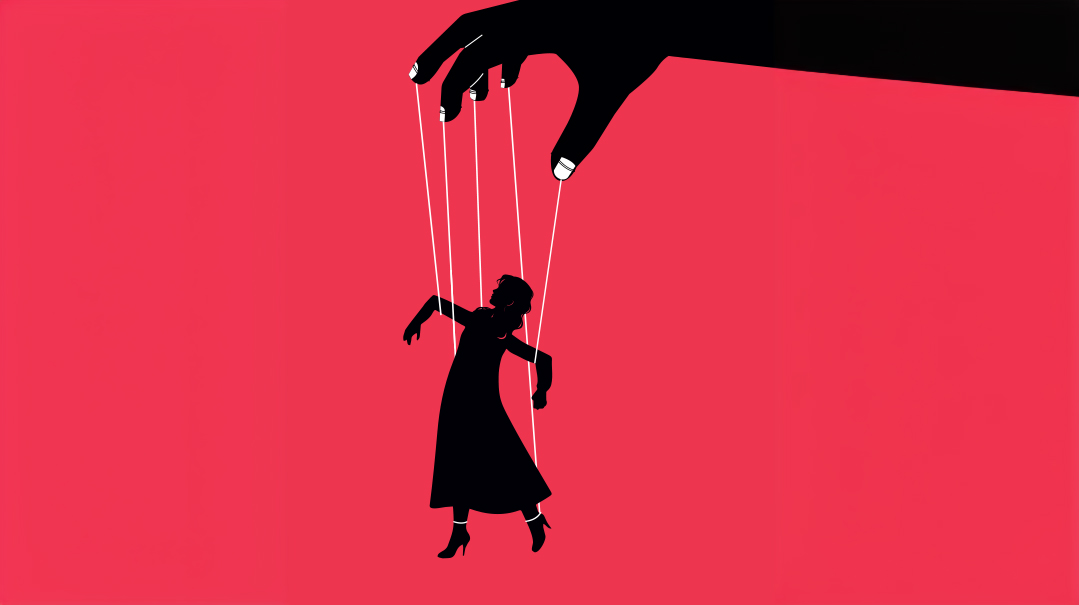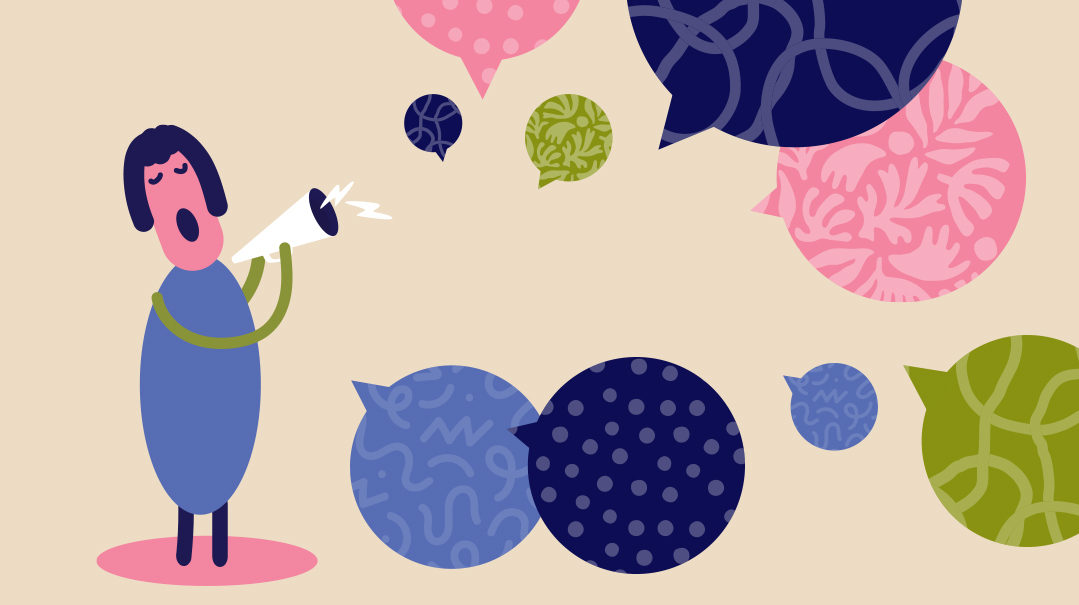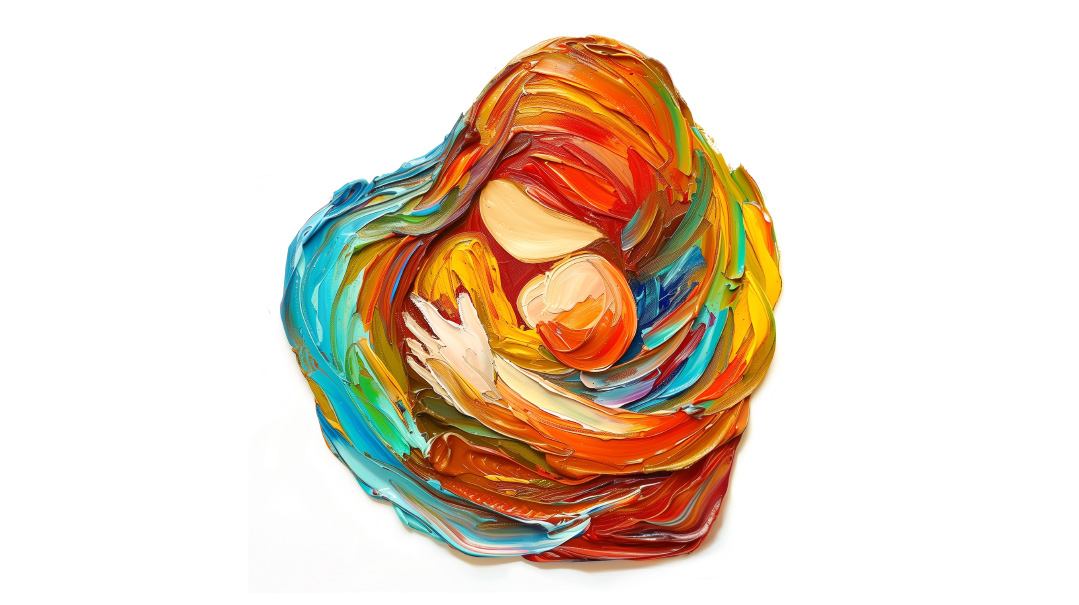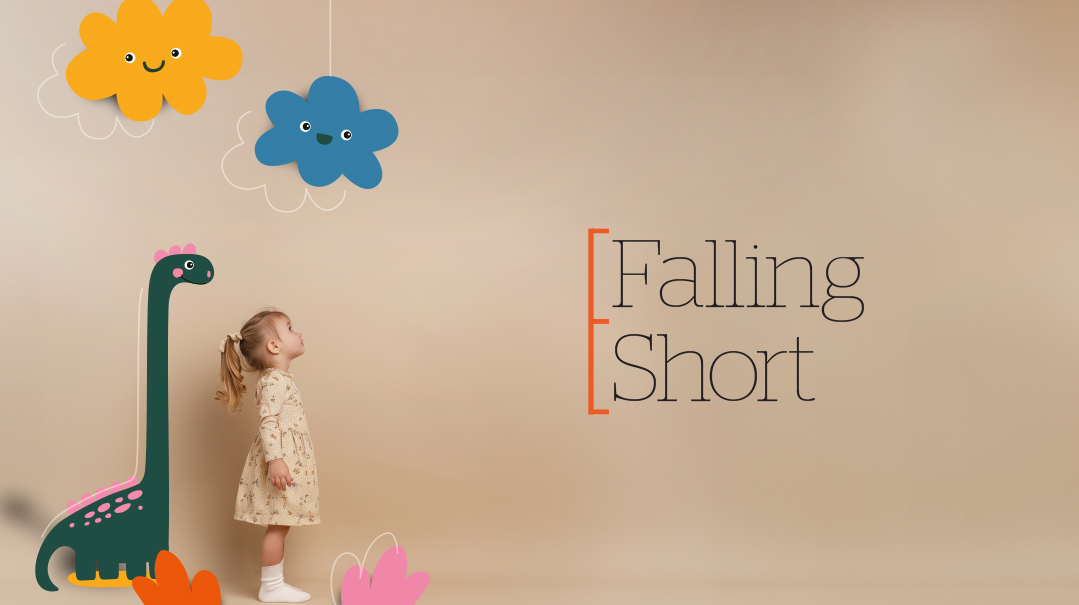I Will Sing Your Praise

Our readers share the pasuk of Hallel whose strains resonate most melodiously through their life
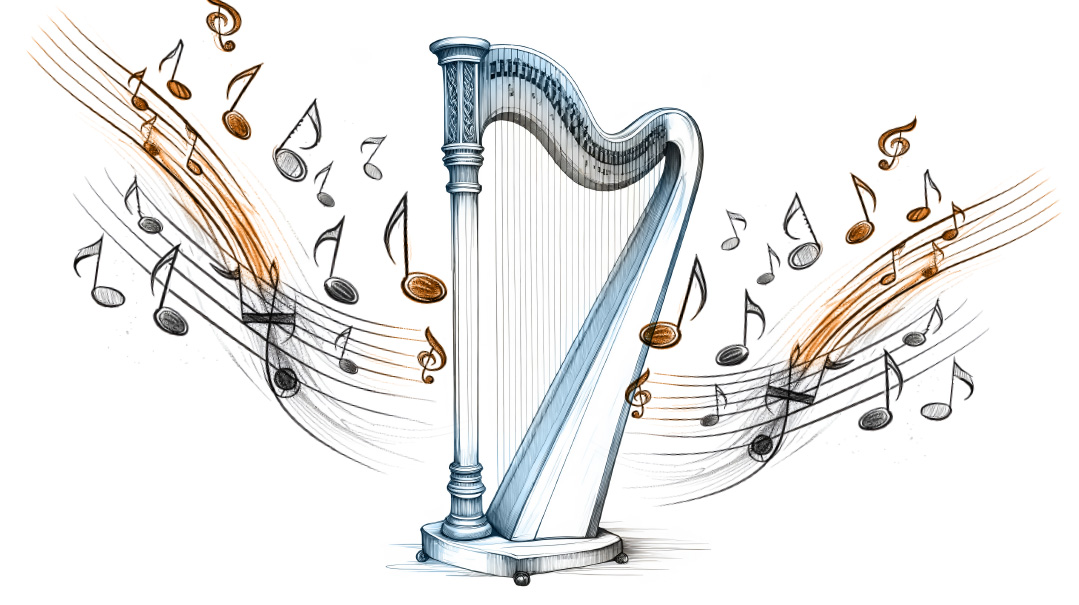
אֵם הַבָּנִים שְׂמֵחָה
Naomi Homnick
A glad mother of children.
I was married for three years when I was told I would never have children. I was from a family of seven and my husband was one of nine. Who even thinks in terms of no children? They wouldn’t even take our money. There was no hope, they said.
We then left the medical route and started davening. We got brachos, did segulos, and davened! We went to the Bluzhever Rebbe z”l, who told us we would have a ben zachar. Chacham Ben Zion Abba Shaul z”l gave us a brachah for shalom bayis and told us to light 26 neiros until we had a child. After 11 years of marriage, at a second Seder, I decided to start counting sefirah with a brachah. I figured that with no kids to stop me, I could do this, so I started. A few weeks in, I found out I was pregnant.
With chasdei Hashem, we had a beautiful baby boy who has since made us grandparents as well! Every time I say the line in Hallel, “Eim habanim smeichah,” I reexperience my joy in becoming a mother.
P.S. I’ve counted sefirah with a brachah every year since.
אָנָּה ה' כִּי אֲנִי עַבְדֶּךָ, אֲנִי עַבְדְּךָ בֶּן אֲמָתֶךָ, פִּתַּחְתָּ לְמוֹסֵרָי
Yael Roodyn | London
Please, Hashem, for I am Your servant; I am Your servant, the son of Your handmaid. You have released my bonds.
Hashem, I’m Your handmaid, and I speak to You on behalf of Your servant, my son, my second son, who I hope and pray will one day learn to speak, read, and daven himself. But right now, whether he’ll be able to do that is unknown. It’s up to me to beg and plead on his behalf, before and during every one of his many appointments; to ask You to please make each of his doctors, each speech therapist, occupational therapist, physical therapist, into one of Your shlichim to help him, heal him, contribute to his ability to become an active eved Hashem.
Hashem, until You sent me this child, nothing could ever slow me down nor stop me. Since then, I feel my hands are tied behind my back, time and again: from five days after I discovered I was expecting him, on so many occasions throughout my short pregnancy with him, during the two weeks I was in the hospital with broken waters, for the eight weeks he spent in the NICU, over the year that I pumped my own milk for him (while reading to his brother and then coaxing him to take a bottle), during the oh-so-many emergencies and hospital visits. You have forced limits upon me via this child, limits that take on meaning every time I remember Dovid Hamelech’s words at the end of this famous pasuk: pitachta l’moserai.
My hitpatchut, Hashem, my self-development, is coming from moserai, from these challenges, these limits You’re imposing upon me that stop me from saying yes to so much, that minimize my feeling alive, joyous from self-expansion, euphoric from being in free-flow mode…
But giving without limits isn’t emulating You. Hashem is “Keil shakai, sh’amar l’olam dai.” You told the world, enough, just enough revelation of Your Presence to make sure we have the free choice to look for You and find You.
These limits You put on me are my route to greatness, to my personal tikkun hamiddos. I often find these limits so, so painful, but I know it’s all from You. This is what serving You is about. Doing what You show me that You want from me.
Many women may find themselves talking to Hashem as the handmaid or the slave, or perhaps on behalf of their child. The catalyst doesn’t have to be the journey of a hearing-impaired preemie and his mother. Whatever the event that forces a woman to cry out to her Father in Heaven for help, maybe, just maybe, she’ll sincerely be able to thank Him for that opportunity to connect. And maybe, because she’s directing her request to Hashem, she knows the release from her bonds is already in the past tense.
מִן הַמֵּצַר קָרָאתִי קָהּ. עָנָנִי בַּמֶּרְחַב קָהּ
Chaviva Fisch
From the straits did I call upon G-d; G-d answered me with expansiveness.
I called to You from a dark and narrow place. A place devoid of air, with no way to breathe or budge.
I cried out to You from the nightmare of treatment-resistant depression — almost four years of it — an illness that was minimally responsive to numerous medication regimens, and barely improved by electric shock therapy.
And then from a thin shaft of light, a new existence broke through. I discovered a wide hall of multicolored vibrant hues. I found a part-time job that checked all the boxes: nice environment, reasonable pay, decent hours, and low stress. And suddenly, I was a functional human being. I was dressed, breakfasted, and besheiteled by nine a.m. I greeted clients cheerfully and fielded phone calls. I responded to emails and scheduled appointments. I even arrived home with leftover energy to do paperwork and prepare supper.
And I know there is nothing “natural” or run-of-the-mill about this transformation. Hashem lovingly lifted me from a tight space to a broad expanse, and I’m eternally grateful.
לֹא אָמוּת כִּי אֶחְיֶה. וַאֲסַפֵּר מַעֲשֵׂי קהּ
Shalva Schneider | Jerusalem, Israel
I will not die. But I shall live and relate the deeds of G-d.
I was 35 years old when I heard the words, “You have cancer.” I have what? I was a young mom of four children, ranging in age from six to one-and-a-half. I was a clinical social worker with a small private practice. I was a wife, a mother, a daughter, a friend, a sister. I definitely wasn’t a cancer patient.
What followed was surgery, chemo, radiation, and hormonal therapy. I was determined not to let the cancer change me on the outside, but most definitely on the inside. At the time I “happened” to be part of a chaburah of women who “happened” to be learning the Six Constant Mitzvos, more specifically, the mitzvah of emunas Hashem. As I said Hallel that first Rosh Chodesh after my diagnosis, my eyes were drawn to these words: Lo amus ki echyeh.
Fast forward about a year; my treatments were mostly over, and I was offered a job as a social worker for a new program that was opening up. Jewessence was a seminary program for young adult women who grew up in frum homes and were struggling with connection to themselves and their Yiddishkeit.
I spent my days working with the most beautiful and inspiring neshamos, who had unfortunately been through some really rough circumstances. They were in tremendous pain and it showed.
I felt I had a new mission in life. I was someone who had also been through hardship and who also had to struggle to understand Hashem’s plan for me. I didn’t teach and preach, but rather joined with them in their journey, sat with them in their darkness, and showed up for them over and over again. As the girls begin to heal emotionally, they soon begin to heal spiritually as well.
At Jewessence we introduced the girls to the concept of a loving Father in Heaven, Who sees them and accepts them fully. This in turn enabled the girls to develop a truly authentic relationship with Hashem and look at their Yiddishkeit anew, in a healthier way.
Va’asaper maaseh Kah.
I recently celebrated my ten-year “cancerversary” which “happened” to fall out during a shabbaton I was hosting for Jewessence and our alumnae. It also “happened” to fall out the day after Rosh Chodesh in which I meaningfully said the pasuk that I say every month: Lo amus ki echyeh, va’asaper maaseh Kah.
פִּתְחוּ לִי שַׁעֲרֵי צֶדֶק
Lani Harrison | Scottsdale, AZ
Open the gates of righteousness for me
When I was 17, I spent the summer with my mother’s first cousins in London. I knew my cousins were more religious than my immediate family, but if I’m being honest, I hadn’t really thought much about what that entailed. I grew up in a very traditional Conservative Jewish family. We were one of the most religious families at “the Temple.” We had two sets of dishes and even came to shul on Shabbos at times. But we weren’t shomer Shabbos, and my religious education had been at an after-school Hebrew School.
London was a shock to my system, in the best way possible. I’m trying to think of an analogy for what it felt like. The best I can come up with is, let’s say you’ve only been to a rocky beach in the winter. That’s what a beach means to you. Then you’re jetted away to the Caribbean, with crystal-clear water and sparkling white sand. The term beach has taken on a whole new meaning! That’s how I felt being exposed to true Yiddishkeit. I couldn’t get enough of it. I was astounded by how much my family had been missing.
I enjoyed every single aspect of my time in London, especially my trips around town with my cousins to do their daily carpools — “the rota,” in the local parlance. On these car rides, when I’d schmooze with my cousins, I always loved the tape (remember those?) playing in the background. The youngest sister in their family had recently gotten married, and they had a tape with many of the songs played at the wedding: “Live in Yerushalayim” by MBD and Michoel Streicher.
My favorite song was the last one on the tape: “Pis’chu Li” to the niggun that begins with “Lo amus ki echyeh,” and then transitions to “Pis’chu li shaarei tzedek” and gets faster and faster.
The only thing was… I wasn’t sure of all the words. I knew “tzedek” and “li” but didn’t recognize the pasuk. I hadn’t been exposed to Ashkenazi havarah, having learned Hebrew in a modern Hebrew pronunciation with an American accent. I did know the parts of Hallel we said out loud at shul, but this wasn’t one of them. Even so, for some reason that tune stuck in my head.
My summer ended much too soon, and I was deposited back on the rocky shores of my senior year of public high school and all that entailed. I was pretty miserable. I tried to do what I could to enhance my own shemiras Shabbos and kashrus, but I missed my cousins and their way of life.
And then, before the Yamim Tovim, my mother asked me if I’d like to accompany her and my grandmother a”h to Brookline, Massachusetts, to do some pre-Yom Tov errands. I eagerly said sure, and our first stop was the Israel Book Shop. As my mother and grandmother browsed together, I wandered around. And then I saw it: A music section. Tapes! There it was on the black shelves. “My” tape from the car rides in London. Of course I bought it right away.
I listened to it in the car on the way home from Brookline, and I remember exactly what happened next. When we got home, I sat in my bedroom with an old siddur I’d found on the bookshelf and the jacket of the tape. I now had the title of the song to look for. I turned page after page until I found it. I saw the translation and was mesmerized.
This is what was happening to me. A new world was opening up… pis’chu li. No, it wasn’t the gates of the Beis Hamikdash, but it was the gates to a whole new way of life.
I kept listening to the tape over and over on my Walkman. (Remember those? I’m dating myself!) That Succos, I skipped school and went to shul instead. I said Hallel with more kavanah than I ever had. That song and that pasuk gave me inspiration and chizuk to choose a college where I could begin learning in a Torah-true way and begin keeping Shabbos.
Thank G-d, I’ve been a shomeres Shabbos for over 25 years. But every time I say Hallel, that pasuk jumps out at me, and I’m taken back to that time in my life. Thank You, Hashem, for opening the gates to a new world for me.
אוֹדְךָ כִּי עֲנִיתָנִי. וַתְּהִי לִי לִישׁוּעָה
A.C., Denver, Co
I will thank You, for You have answered me and become my salvation.
January 2020
IT was one of those times in life when you feel as if there’s a sign on your back saying, “Kick me!” Two months prior, my beloved father-in-law had passed away suddenly, leaving a gaping hole in our lives. We were struggling financially. One of our children, Yitzy, was going through an extremely challenging situation. Life was a tidal wave of endless to-do lists, trying to balance the day-to-day demands with constant drama in the background. It was hard to breathe. Little did I know of a global pandemic looming on the horizon….
I was looking forward to a much-needed break and had plans to attend a convention on the East Coast. Just what the doctor ordered: a change of scenery, a break from routine, meeting new people, and a boost of inspiration for my weary soul.
Upon landing in Newark Airport, I turned on my phone to see several missed calls and an ominous text message: “Yitzy is in the hospital. Please call as soon as you can.”
Yitzy had gone on a sunrise hike, and in the process of taking photos had gotten severe frostbite. He was in danger of losing all his fingers.
No, Hashem, no! I pleaded as I sat sobbing in the terminal of Newark Airport. Hasn’t this child suffered enough? He can’t handle life without fingers!
I flew home and spent the next two weeks in the hospital with Yitzy. Enwrapped in love, support, and prayers from around the world, we tried to navigate this challenge. We begged and beseeched Hashem at each juncture. At one point, it looked like he would only need a few fingertips amputated. Thank You, Hashem, but I don’t want them to chop off any of my baby’s fingers! Then, it seemed no amputation would be necessary, but he would need skin grafts. No, Hashem, please, no! A refuah sheleimah! I implored.
As we waited, pleaded, pledged weekly money to tzedakah ($28, double the gematria of yad) even though we were struggling financially, I had an inner conflict. I was so grateful for each piece of encouraging news, yet I wondered: Am I being ungrateful to keep requesting more? Maybe Hashem just wants me to take His offer and stop asking.
That Rosh Chodesh I came across the following lines in Hallel: “Odecha Hashem ki anisani va’tehi li liyeshuah.” Dovid Hamelech thanks Hashem profusely. However, just a couple of pesukim later he calls out, “Ana Hashem, hoshia na!”
I saw the model of Dovid asking, thanking, then asking some more. It’s not a contradiction. Perhaps the biggest praise of Hashem is to keep relying on Him for more.
Hashem granted Yitzy a miraculous recovery. He needed no fingers amputated. No skin grafted.
Today Yitzy has taught himself how to play guitar, using his beautiful fingers to create music.
And that $28? I still give it to tzedakah each week.
After all, nedarai laHashem ashaleim.
אֶבֶן מָאֲסוּ הַבּוֹנִים. הָיְתָה לְרֹאשׁ פִּנָּה
Shira T.
The stone the builders despised has become the cornerstone.
I grew up in a very challenging set of circumstances. My parents were very involved community members, put a tremendous and extreme emphasis on image, and were poorly equipped to raise a family, largely due to their own challenging upbringings.
In my family I was the scapegoat child and I suffered terribly.
I used to sing these words as a child, then a teen, and I knew I wanted a different life. For myself, for my future, and for my future family.
Years later, I’m on that road. I’ve put in much effort to build a relationship with myself, Hashem, my husband, and children. Secondary to that, I’m a successful professional privileged to guide parents and teachers on how to create a safe space and provide children with emotional and social literacy.
Most significantly, I’m a person who makes choices that make me feel connected and whole. I’ve learned how to navigate minefields with grace, dignity, self-compassion, and respect.
I was once the mocked one, but now I’m the cornerstone of my own life, and I’m so grateful.
These words were my greatest source of comfort and strength and I battled, struggled, and wrestled with demons from the past. They gave me hope as I learned to create a new blueprint for so many areas in my life. It took many years, and as I like to remind myself, “There is no rainbow, and there is certainly no pot of gold at the end.” What I mean by that is that I have come to appreciate the journey itself. When Hashem in His kindness gives me a feeling of being a rosh pinah, I can treasure it inside and remember that I have great value as His daughter. Now, then, and always.
זֶה הַיּוֹם עָשָׂה ה’. נָגִילָה וְנִשְׂמְחָה בוֹ
Chanie L.
This is the day Hashem has made, let us rejoice and be glad on it.
This pasuk became my personal mantra while going through chemotherapy. Six months of treatment meant it was inevitable that some treatments would fall out during Yom Tov season. I started treatment during Tishrei, so my second round fell out on Chol Hamoed Succos. The juxtaposition of singing Hallel and traveling into Sloan Kettering struck me as interesting, but in my mind, not contradictory. The next Hallel-during-chemo day fell out on Chanukah, and the third time they coincided was Rosh Chodesh.
“Zeh hayom” reminded me that every detail I was experiencing was with Hashgachah pratis. Even if this particular day was filled with needles and nausea, if this was the day Hashem made for me, I knew it also included an opportunity for simchah. Although a certain dosage of pain would be unavoidable along this journey, that didn’t mean I couldn’t also find the fun within it. I brainstormed some creative ideas and invited the people close to me to join in. At 26 and single, my friends were an important part of my support network, and luckily, they came along with me and my crazy ideas.
Baruch Hashem, that medical saga is long behind me, but the pasuk of “zeh hayom” still reminds me of that calm feeling of acceptance and clarity that Hashem was setting me on this precise path. He had made this day for me, and that meant that this, too, came from love. And that helped me to choose simchah each step of the way.
הוֹדוּ לַה’ כִּי טוֹב – כִּי לְעוֹלָם חַסְדּוֹ
Chana Steinberg
Give thanks to Hashem for He is good; His kindness endures forever.
Anna banana banana split
Mama bought a baby chick
Chickie died
Mama cried
Wait, what?
My children’s chant was punctuated by thumps as they jumped over the tiles on my kitchen floor. They were just playing a silly game, so why did I feel like I was suddenly punched in the gut? The words broke into my reverie and brought my growing sense of unease to the fore. Who made up this crazy song, anyway? My tears spilled into the onions I was frying for supper. I couldn’t push the thoughts back any longer. I went to my room, closed the door, and went back a few months.
When I first suspected that the baby I was carrying might no longer have a heartbeat, I started saying Tehillim, beginning with perek alef. I davened through the car ride to the hospital, in the elevator to the labor ward, and as they hooked me up to the monitors that would tell us what was going on, throughout the interminable wait for a doctor. I was up perek 118, about to murmur the words “Hodu LaHashem ki tov,” when I got the devastating news. This was the end.
Could I do it? Could I continue with Tehillim, especially these words associated with joy and thanks, even after this heartbreaking news? I looked at my hands, still holding my Tehillim, and I knew that yes, especially now, I would continue. I would not let this break me. As I whispered the familiar words of Hallel and hoda’ah, I felt a certain calmness envelop me. This was good. He is good. His chesed is forever, even if there’s no way I’ll ever understand this.
Iput my Tehillim aside when the pains grew too strong for me to concentrate. A few hours later, I picked it up again. It was one year later, almost to the day, and I was in the same hospital room.
This time, though, I gave birth to a healthy baby girl, baruch Hashem. After we were settled, I picked up my sefer Tehillim, opening it to the page where I’d left off the night before. My eyes filled when I read the words. Hodu Lashem ki tov, ki l’olam chasdo.
Translations reprinted with permission from the copyright holder, ArtScroll Mesorah.
(Originally featured in Family First, Issue 890)
Oops! We could not locate your form.

